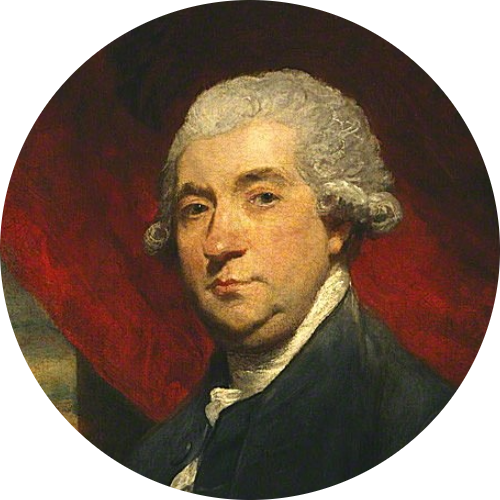I (very) recently came across Phillip Baruth's excellent thriller "The Brothers Boswell", a fictional account of James Boswell's younger brother John's jealousy of his brother's friendship with Dr. Johnson, and his attempt to murder them both. The books is, of course, pure fiction but it draws heavily on anecdotes and descriptions from Boswell's journals and his Life of Johnson.
Most of the book is told in the first person perspective of the slightly insane John Boswell. In the first chapter, John stalks Boswell and Johnson who are just about to set out on their boat trip to Greenwich which historically took place on July 30, 1763, a short time before Boswell embarked on the tour of Europe that would keep him away from British soil until 1766.
(The fictional) John goes on to write:
"[W]hat makes you simply want to murder the pair of them, more than anything else, is the perfectly ludicrous way they seem to complete one another. Not quite opposites, but different in a thousand complementary ways. Two odd human fractions who have stumbled somehow onto the secret of the whole number.
It is this sense of completion that draws heads around as they saunter down Fleet, not the barking volume of their talk, which is high enough, of course. And it is this wholeness that brings the occasional snicker, from the coal-heavers and the milk-women and the bankers. Those doing the snickering tell themselves and one another that they've never seen such a mismatched pair in all their lives, sweet Jesus, but this is a thin attempt at self-comfort. If, rather than matched, these two men are mismatched, then north is south, hot cold, and our own lots in life momentarily less meager.
The truth is easier to see, but a great deal harder to recognize, and to accept: these two men have one another suddenly, and don't seem much to need anybody else. Their friendship of two months could not be any more clearly destined to last two lifetimes.
The sight of them suggests a completion we all seek in our friendships, our whole lives long, and do not find; at a deeper, blacker level, it is what we seek from the cradle each inside ourselves, and never discover. We are fragments scattered about loose in the world, yet in some way now these two men are not, not any longer."
My apologies to Mr. Baruth for quoting such a long extract verbatim - even though it is part of the extract one can get for free from Amazon - but I find it both beautiful and striking.
That said, while the description given by the fictional John Boswell might have been "true" in the eyes of a mentally unstable voyeur at a later point in their friendship, I don't think it had come to that just yet in 1763. But I'd be interested to hear your opinions? Did the two complement each other in a thousand different ways? Was it completion? And at what point had their friendship matured to a point, where the above might be taken to be true?
And what, if you have read it, do you think of Baruth's The Brothers Boswell?
-Thomas
